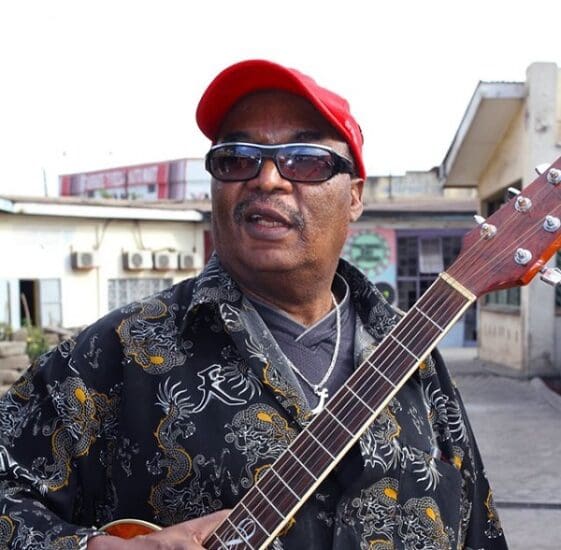

Music has a profound ability to connect us across cultures and generations, and the Kasongo song is no exception. Bursting with vibrant rhythms and heartfelt lyrics, this enchanting piece goes beyond mere entertainment; it encapsulates deep emotional narratives and cultural significance.
“Kasongo” is a classic Lingala song by the Congolese band Orchestre Super Mazembe, released in 1977.
– Advertisement –
The song narrates the emotional plea of a wife whose husband, Kasongo, has abandoned their home and family.
She calls out to him, expressing her longing and urging him to return to their marriage. The lyrics poignantly capture her distress, as she watches the children and neighbors inquire about his whereabouts, intensifying her sense of abandonment.
The composition was inspired by a real-life situation. While in Nairobi, Kenya, the band members visited their friend Kasongo wa Kanema, only to find that he was missing. His wife, deeply concerned, shared her worries with the band. In response, they decided to convey her message through music, leading to the creation of this heartfelt song.
– Advertisement –
Over the years, “Kasongo” has experienced a resurgence in popularity, especially on TikTok, where it has been used in various memes and videos. This renewed interest has introduced the song to a new generation, highlighting its timeless appeal and emotional depth.
Kasongo meaning in Kenya today
In Kenya today, the song “Kasongo” has evolved beyond its original narrative of a wife’s plea for her estranged husband’s return.
While the song’s initial meaning centered on love and longing, it has recently been embraced in Kenyan political discourse, often used humorously or satirically to comment on leadership and governance.
The resurgence of “Kasongo” on platforms like TikTok has led to its incorporation into memes and videos that provide social and political commentary.
For instance, during political events, the song has been used to underscore calls for accountability and good governance.
Despite these contemporary interpretations, it’s important to note that the original song was a heartfelt expression of a woman’s desire for her husband’s return, reflecting themes of love and reconciliation.
The current political usage adds a layer of irony and satire, showcasing the song’s versatility and enduring relevance in Kenyan culture.
The song’s enduring legacy is a testament to its powerful storytelling and the universal themes of love, loss, and the yearning for reconciliation










